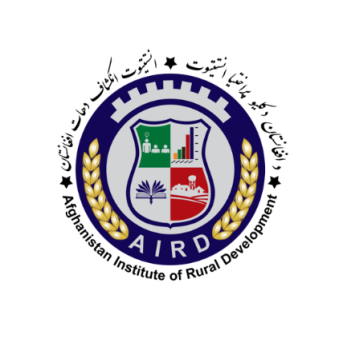
Afghanistan Institute for Rural Development(AIRD)
Joined June 2018
(AIRD) as one of the well-known national organization in Afghanistan working in rural areas in different aspects such as Research, Survey, , Development Projects, Educational Programs and Identity
Afghanistan Institute for Rural Development (AIRD) as one of the well-known national organization in Afghanistan working in rural areas in different aspects such as Research, Survey, Development Projects, Educational Programs and Identity Legalizing for different groups (men, women, nomads, indigenous, marginalized and minority people ) .To be specific on working with Nomads, Marginalized and Minority groups, it has been 20 years I am working with these in different capacity and programs, the following are some of the examples of my association with the mentioned considered groups:
Since 2010, I have been working with Ministry of Rural Rehabilitation Development (AIRD/MRRD), I am directly involved in working with building the capacity and legalizing status of marginalized groups such as famers ( who are not legally identified by local and national governments) created legally established Farmers Cooperatives in the villages, marginalized women ( who weren’t part of the Local Councils) advocated and facilitated them to be legally acceptable in villages along with other women, working with minorities to be have self-development and be part of the development process including legal activities and worked with indigenous people in Northern Provinces of Afghanistan linked them with government entities to provide their identity through advocacy and networking.- the other important task is our involvement for re-identification and resettlement of four million retunes from Pakistan and Iran. Afghanistan with the highest number of immigration in the world, since 2001 accepted more than four million returnees in overall the country, AIRD/MRRD was the key organization to identify the returnees villages, communities, arrange their settlement and integration them with their back families and folks, 2010 to 2014 was the peak time for returnees, it was coincide to my joining with MRRD.
